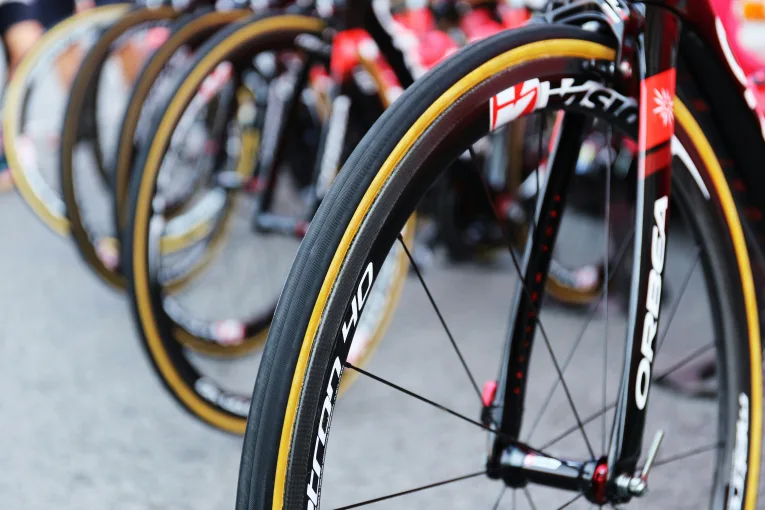According to a news article by The Guardian, Karen Bass, the Mayor of Los Angeles, has “pledged to make the 2028 Games Car-Free.”
Tempting as this proposition may sound, the article goes on to shed light on the all-too-real traffic congestion in Los Angeles. The city also has what the article has rightly labeled as, “endless highways” that makes the concept of a car-free Olympics come forth as slightly “eyebrow raising.”
Describing the second alternative to cars which is, inevitably, the “public-transport system,” the article states that this might not be a viable option. Even though the public-transport system in Los Angeles is widely spread, it pales in comparison to that of previous host cities: Paris, London and Tokyo.
The article goes on to describe the vast 468 square miles landscape of Los Angeles which is more than 10 times that of the previous Olympic Games host, Paris. This means that people will have to change at least one bus— or one train— to navigate from one place to the other, reducing the likelihood of using public transport.
However, the issue is not as straightforward as it sounds
Going beyond the surface-level of the problem, the article also mentions how the thought of a Car-Free Olympics can also prove to be a political challenge. In the words of Juan Matute, the deputy director of the UCLA Institute of Transportation Studies, the prospect of car-free games is a political challenge that will have to be overcome by the leaders of the city.
The article also specifies how organizing a Car-Free Olympics might prove to be psychologically challenging for most riders, particularly because “Los Angeles is a city that has long worshiped the automobile, and asking riders to leave their comfort zone will be a major challenge.”
Mentioning how this proposition might actually work out, an article by Electrek states how, in the past, Los Angeles had a great public transport system known as the Pacific Electric “Red Car” Trolley System.
As per the article, this system underwent a downfall in the 1950s, before finally rendering itself obsolete in 1961. Since then, for the last half-century or so, the article states that “the car has reigned supreme in LA” and “the city has been built with that in mind,”
Additionally, the long-term impacts of a Car-Free Olympics could go beyond the Olympic Games.
For instance, a news report by ABC 7 News Los Angeles describes how “the Department of Transportation is in the process of helping the city secure more than 3,000 buses for the game.”
Other leaders are using the Olympic Games as an opportunity to establish meaningful change.
As per the ABC 7 News report—Casey Wasserman, the CEO of Wasserman— said, “The unique thing about Olympic Games is that for traffic, for fans, for commerce [you do more] than you do on a normal day in Los Angeles.”
To facilitate this, the report by ABC 7 News described how the 2028 Olympics might incorporate integrated ticketing. The article quotes Metro CEO Stephanie Wiggins who said, “Integrated ticketing is so that when you purchase your venue ticket, you also then get to purchase your transit ticket at the same time. Being car-free, you will not be able to drive as a spectator to any of the venues. You have to take transit, walk, bicycle or get dropped off.”
